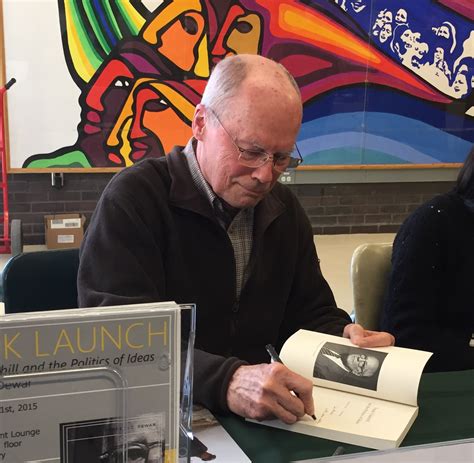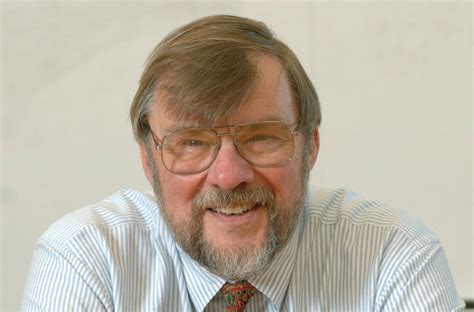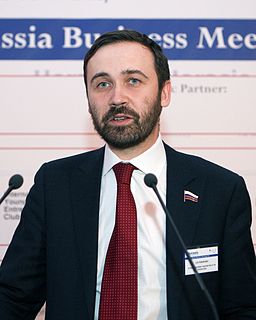A Quote by Frank Underhill
The essential task of Canadian statesmanship is to discover the terms on which as many as possible of the significant interest groups of our country can be induced to work together in common policy.
Related Quotes
The chief element in the art of statesmanship under modern conditions is the ability to elucidate the confused and clamorous interests which converge upon the seat of government. It is an ability to penetrate from the na?ve self-interest of each group to its permanent and real interest. Statesmanship consists in giving the people not what they want but what they will learn to want.
The world is now unipolar and contains only one superpower. Canada shares a continent with that superpower. In this context, given our common values and the political, economic and security interests that we share with the United States, there is now no more important foreign policy interest for Canada than maintaining the ability to exercise effective influence in Washington so as to advance unique Canadian policy objectives.
In terms of what is the solution is going forward, in my view, it is the grassroots human-rights groups - both Israeli and Palestinian - that are doing exactly what needs to be done, which is building trust, developing relationships and building that sense of common community which is essential if we're going to figure out how to move forward.
Hackman's paradox: Groups have natural advantages: they have more resources than individuals; greater diversity of resources; more flexibility in deploying the resources; many opportunities for collective learning; and, the potential for synergy. Yet studies show that their actual performance often is subpar relative to "nominal" groups (i.e. individuals given the same task but their results are pooled.) The two most common reasons: groups are assigned work that is better done by individuals or are structured in ways that cap their full potential.
Russia can fall apart. It's not because of the oil prices ... It's because what sticks a country together is a common interest of people. It has to be economically and socially profitable - beneficial - for people to be together. They should understand how they benefit from a large country. And if they start to feel like a large country is a source of problem, then the country collapses as the Soviet Union collapsed.
I think in theory, the United States finds it much easier to deal with situations where there is a leading country. You can go to the leaders of that country and say, for example, to India, "There are all these problems in Bangladesh, we really have to do something about it, what do you suggest we can do to work out a common policy?" But when you don't have the equivalent of India, you have to go capital to capital trying to put together a coalition, which is extraordinarily difficult, especially in the Arab world, because of the historic rivalries and branches of Islam.
My policy has been, and will continue to be, while I have the honor to remain in the administration of the government, to be upon friendly terms with, but independent of, all the nations of the earth. To share in the broils of none. To fulfil our own engagements. To supply the wants, and be carriers for them all: Being thoroughly convinced that it is our policy and interest to do so.
I think we can end the divisions within the United States. What I think is quite clear is that we can work together in the last analysis. And that what has been going on with the United States over the period of that last three years, the divisions, the violence, the disenchantment with our society, the divisions - whether it's between blacks and whites, between the poor and the more affluent, or between age groups, or in the war in Vietnam - that we can work together. We are a great country, an unselfish country and a compassionate country. And I intend to make that my basis for running.
I learned that money can be a lot of things,It can be something that is hoarded, fought over, protected, stolen and withheld. Or it can be like an energy, fueled by the desire, will, creative interest, need to laugh, of large groups of people. And it can be shuffled and pushed around and pooled together to fuel a common interest, jokes about garbage, penises and parenthood.
































